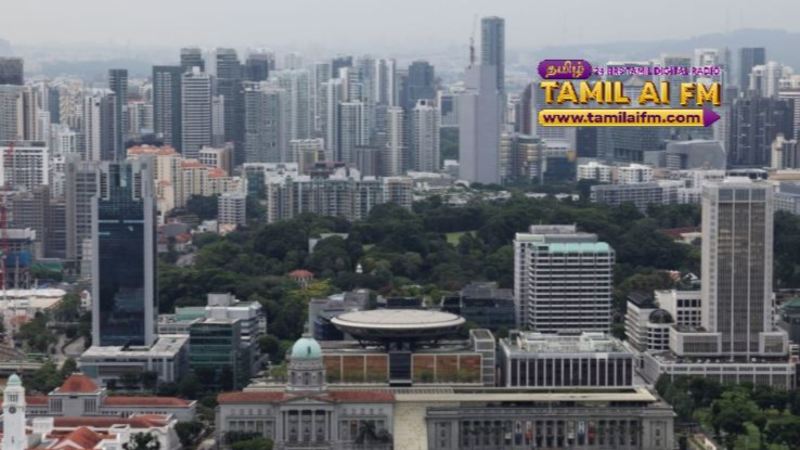SINGAPORE — A Singapore law graduate who failed to disclose past plagiarism incidents when seeking admission to the Bar — the process to become a qualified lawyer — has been publicly named after the court lifted an anonymity order, according to CNA.
Chief Justice Sundaresh Menon on Thursday republished his grounds of decision in the case, identifying Pulara Devminie Somachandra.
“I make this order because, in my judgment, the principle of open justice is the predominant and overriding interest in this case, and there are insufficient grounds for departing from it,” he said in his judgment, as cited by the Singapore-based media organisation.
He added that anonymisation orders were “a derogation” from the general rule that parties’ identities be made public.
Somachandra had plagiarised in Singapore’s Part A Bar examinations in 2020 — a conversion exam for overseas-trained law graduates — and “on occasion” in university, but did not disclose these offences in her Bar application. The court rejected her admission and imposed a minimum five-year exclusion period before she can reapply.
According to CNA, she initially persuaded the court to temporarily withhold her identity, citing mental health risks. She submitted a memo from a private doctor stating she had suicidal thoughts and warning that a non-anonymised judgment posed an “immediate risk” to her safety. The Chief Justice ordered interim anonymity while awaiting a psychiatric report from the Institute of Mental Health (IMH).
The Attorney General’s Chambers (AGC) and the Singapore Institute of Legal Education (SILE) argued against continued anonymity. The Law Society proposed she undergo consistent psychological and psychiatric treatment at IMH, with a risk management plan, and that her anonymity be preserved until she reapplied for admission.
Somachandra countered that revealing her name would mean her past misconduct would “come back to haunt her, regardless of the progress she has made or may hope to make”.
However, CNA reports that Chief Justice Menon said the “default rule” of naming lawyers was of “great importance” because the public must be assured that those admitted to the Bar are “morally competent” to meet the profession’s high standards.
He stressed that withholding a name should only occur to “avert an imminent and credible threat of real harm” — a “high threshold” that had not been met.
“There is insufficient evidence to suggest that there is a substantial risk that Ms Somachandra’s condition will likely deteriorate to such an extent that it would be a disproportionate consequence of lifting the anonymisation,” he said.
Addressing her concerns about her past resurfacing, he said: “It is contrary to the notion of repentance and rehabilitation for Ms Somachandra to now seek to sweep her past misconduct under the rug… While second chances ought to be given, the journey to repentance, rehabilitation and reintegration begins with the willingness to confront and to be honest and open about her past misconduct.”
The Chief Justice also rejected the Law Society’s suggestion to revisit the issue only if she reapplied for admission in five years, noting that delaying the decision could worsen matters by allowing the fear of eventual exposure to linger.
CNA reported that Somachandra graduated from a UK university in 2019. She failed two Part A papers in 2020 and was found to have collaborated with another candidate, who was named as “Ms Tan”, when she resat the exams. The SILE concluded their answers contained matching passages. She passed the Part A exam in 2022 and the Part B exam — the final stage before Bar admission — in 2023, but omitted the plagiarism incidents from her application.
In 2024, after the AGC contacted her university, she consented to release of information confirming “moderate plagiarism” during her studies. The AGC, SILE and Law Society all opposed her admission and recommended the five-year exclusion.


